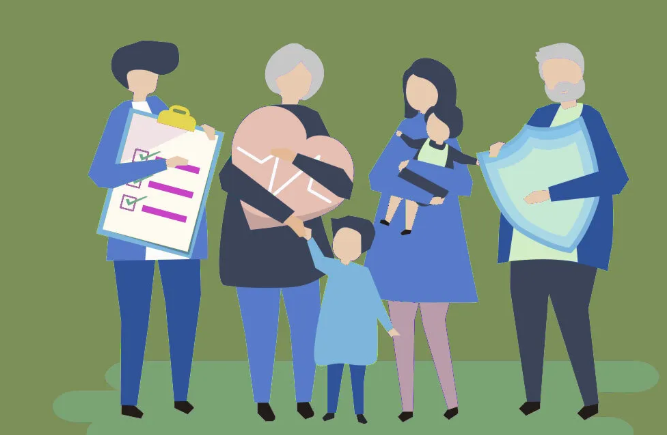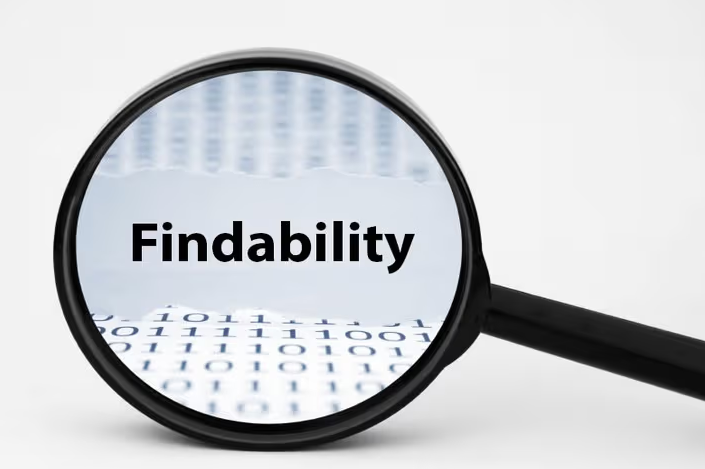Getting fired is always tough. But being fired while you’re dealing with a serious health issue or trying to care for a family member? That adds an extra layer of stress, frustration, and sometimes even disbelief. In California, though, workers aren’t left without support—there are laws in place that protect your right to take time off when life throws something serious your way.
If you’re dealing with a situation where you’ve been fired for taking medical leave or family leave, you’re not alone. Whether you’re recovering from surgery, caring for a newborn, or helping a sick parent, it’s important to know what protections you have under the law. Over the years, Employers in Southern California have relied on trusted Los Angeles employer defense lawyers to protect their businesses against claims brought by workers or employees who allege wrongful termination following medical or family leave.
Understanding the Leave Laws in California
When it comes to taking medical or family leave, two major laws often come into play in California: the federal Family and Medical Leave Act (FMLA) and the California Family Rights Act (CFRA). Both give eligible employees the right to take time off—without losing their job—under certain conditions. That includes leave for a serious health issue, the birth or adoption of a child, or to care for a family member with a health problem.
Under both FMLA and CFRA, qualified workers can take up to 12 weeks of unpaid, job-protected leave during a 12-month period. There’s also something called Pregnancy Disability Leave (PDL), which allows for up to four months off due to pregnancy-related issues. These protections are separate but often used together depending on the situation.
Is It Legal to Be Fired While on Leave?
Here’s the good news: both federal and state laws make it illegal for your boss to retaliate against you for using your right to medical or family leave. That means they can’t legally fire you just because you took time off for a qualifying health or family reason.
Unfortunately, that doesn’t stop some employers from trying to get around the law. Maybe they suddenly claim your job isn’t available anymore or that your performance was lacking—after years of positive reviews. It happens more than you’d think.
But unless an employer can show they had a legitimate, unrelated reason for firing you, doing so while you’re on leave could be a major red flag. These laws are meant to protect people during the most vulnerable moments of their lives.
Other Ways Employers Retaliate
Not all retaliation comes in the form of a pink slip. Sometimes, it’s more subtle. Maybe you return from leave and suddenly your schedule’s worse, your job duties have changed, or you’re being treated differently. Sometimes it shows up in unfair performance reviews or getting passed over for promotions.
This kind of behavior can also be illegal under California law, especially if the changes happen right after you’ve taken protected leave. If you start noticing changes to your work situation after returning from leave, it might be time to take a closer look and get some legal advice.
What You Can Do If You’re Fired on Leave
If you believe your firing was related to your medical or family leave, there are steps you can take:
- Keep a paper trail. Save emails, letters, text messages—anything that shows your leave request and the employer’s response. If they gave you a reason for the termination, write it down.
- Get the firing in writing. Ask your employer to explain why you were let go. This can help you identify whether their reasoning lines up—or seems suspiciously timed.
- Talk to someone at your workplace. Depending on the company, you might be able to resolve the issue by going through Human Resources or speaking with a manager.
- File a complaint. If things don’t improve, you can file a complaint with either the California Civil Rights Department (CRD) or the U.S. Department of Labor.
- Speak with an attorney. Don’t go it alone—talk to a California attorney who specializes in wrongful termination. They can evaluate your case and walk you through your options.
Employers Do Have Defenses—But They’re Limited
To be fair, employers aren’t always in the wrong when they fire someone who happens to be on leave. They may argue that your position was eliminated during a company-wide layoff or that you had a history of performance issues. But they must be able to back those claims up with real documentation.
Still, if your firing seems timed a little too perfectly around your leave—or if the reasoning doesn’t add up—it’s worth digging deeper. Employers can’t just hide behind vague excuses to get rid of someone using legally protected leave.
When Disability Is Involved: FEHA Protections
Even if you don’t qualify for FMLA or CFRA leave, you might still be protected by the Fair Employment and Housing Act (FEHA) in California. This law requires employers to provide reasonable accommodations for employees with disabilities—which can include medical leave.
So if your condition counts as a disability (even temporarily), firing you for taking time off could be considered disability discrimination. That’s another legal issue, and one that California doesn’t take lightly.
Possible Outcomes and Compensation
If your firing turns out to be illegal, you might be entitled to compensation. That can include things like:
- Getting your job back
- Back pay for wages you lost
- Money for emotional distress
- Punitive damages (if the employer really crossed the line)
- Legal fees
A lot of these cases get resolved through settlements, so you may not even have to go to court. But it’s essential to have the right legal support to negotiate effectively.
How to Protect Yourself Going Forward
Here are a few things you can do to protect yourself if you ever need to take medical or family leave:
- Follow the proper procedures for requesting leave
- Give your employer enough notice when possible
- Get everything in writing
- Keep copies of any doctor’s notes or HR paperwork
- Try to stay in communication with your employer during your leave (unless your condition prevents it)
These steps help create a record that shows you were acting in good faith—which could come in handy later if something goes wrong.
Final Thoughts
Getting fired for taking medical leave or family leave in California is more than just a tough break—it might be illegal. There are solid protections in place to ensure that workers aren’t punished for putting their health or families first. Laws like FMLA, CFRA, PDL, and FEHA exist to provide that safety net.
So if you’ve found yourself on the wrong end of a termination after taking leave, you don’t have to accept it quietly. There are people and legal avenues ready to help. Knowing your rights is the first step toward holding employers accountable and making sure you’re treated fairly.


